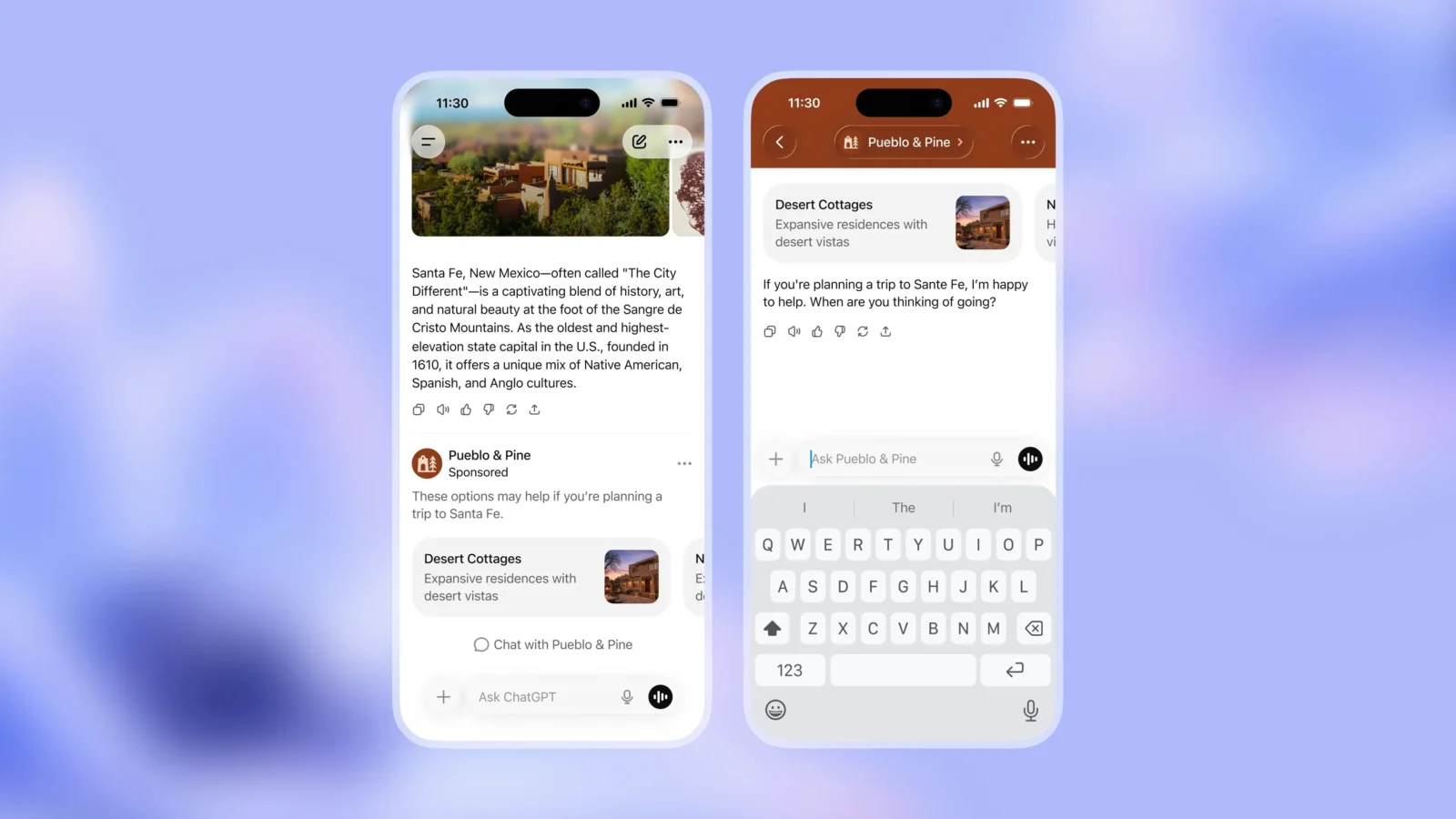Spotify has surpassed 700 million monthly active users, marking a major milestone for the world’s largest music streaming service. In its third-quarter 2025 earnings report, the company said it now counts 713 million monthly active users — an 11% increase from the same period last year — while Premium subscribers rose 12% year-over-year to 281 million.
CEO Daniel Ek described the business as “healthy” and confirmed that Spotify had met its revenue and subscriber targets for the quarter. The company’s latest results reflect what it calls its “Accelerated Execution” strategy, which has emphasized faster product updates and deeper integration across music, podcasts, and audiobooks.
Spotify reported total revenue of €4.3 billion for Q3 2025, up 12% from the previous year and roughly €100 million higher than the prior quarter. Operating income rose sharply to €582 million, signaling improved profitability and operational efficiency. The firm’s gross margin also climbed to 31.6%, up 56 basis points year-over-year.
Recent product developments appear to be contributing to this growth. Spotify has rolled out an integration with ChatGPT, allowing users to receive personalized music and podcast recommendations through conversational AI. It also launched in-app messaging to improve discovery and engagement, and finally made its long-awaited Lossless Audio feature available to Premium subscribers. Additionally, Spotify has eased restrictions for free-tier users, allowing them to play and search for any song — a move intended to boost user engagement and eventually convert more free users into paying subscribers.
Looking ahead, Spotify expects further growth in the fourth quarter, projecting 745 million monthly active users and 289 million Premium subscribers. Revenue is forecast to rise to €4.5 billion, with operating income expected to reach €620 million.
The results underscore Spotify’s ability to maintain momentum in an increasingly competitive streaming landscape, balancing user growth with profitability. As it continues to expand its focus beyond music into podcasts and audiobooks, the platform’s next challenge will be sustaining engagement while refining monetization across these diverse content categories.







